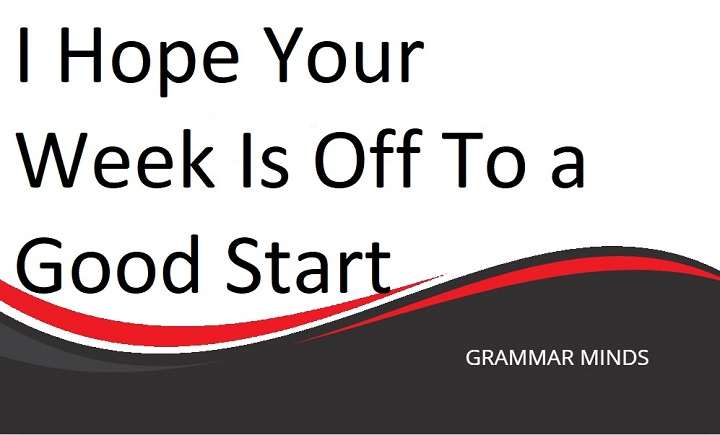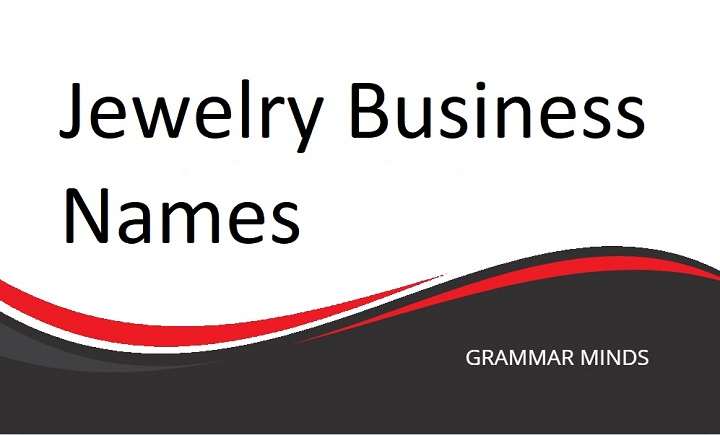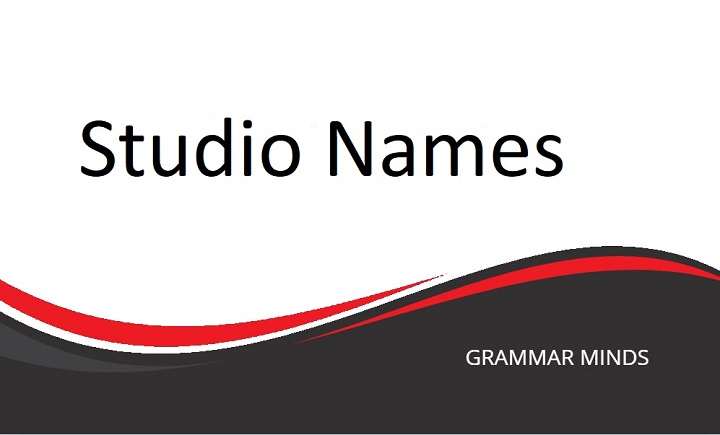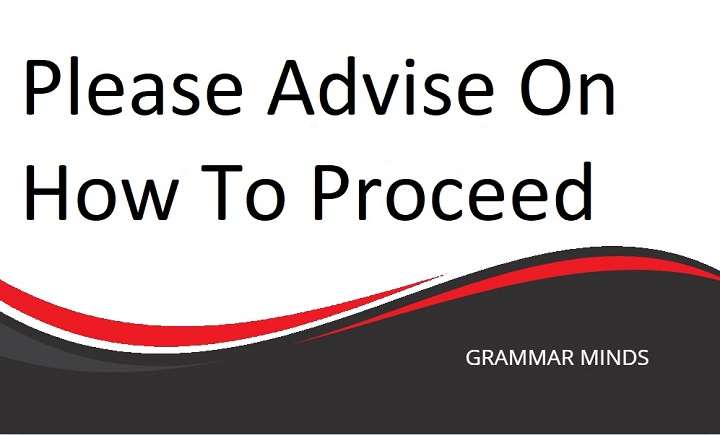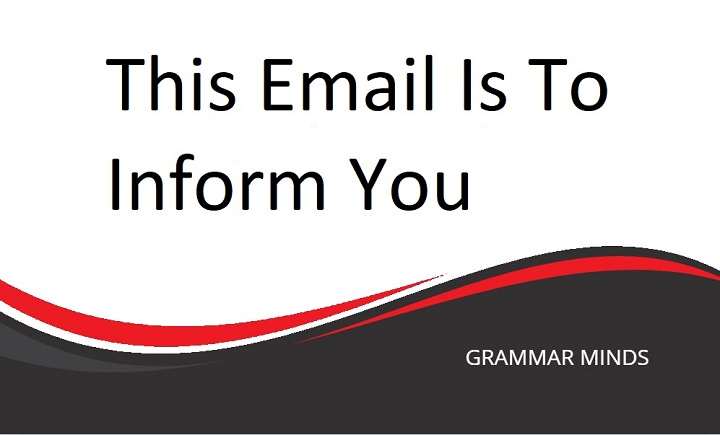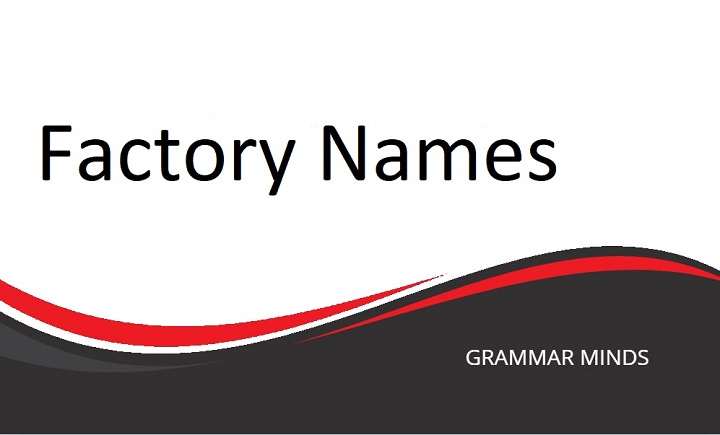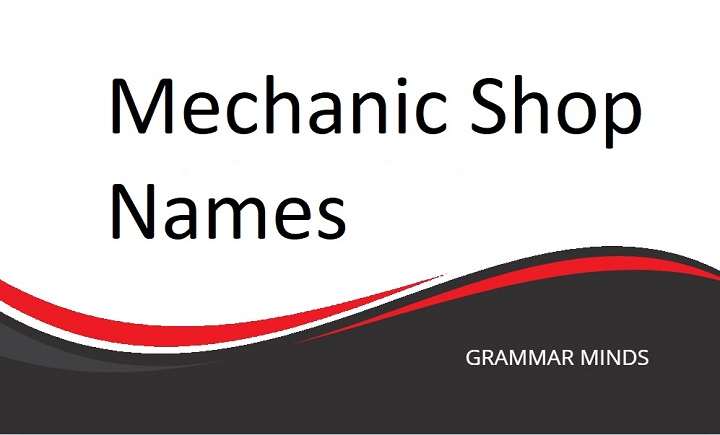The phrase “I hope your week is off to a good start” is a common expression used in both professional and personal settings. It is often found in emails, messages, and conversations at the beginning of the week. While this is a pleasant and friendly way to greet someone, it can become repetitive, especially if you’re communicating with the same people regularly.
Do you find yourself using the phrase “I hope your week is off to a good start” repeatedly? Have you grown tired of this expression when communicating in your professional or personal life? If so, you’re not alone. Many people look for alternatives that sound fresh, while still maintaining the same positive and warm tone.
Don’t worry! We’ve compiled a handy list of alternative phrases that you can use to mix things up and sound more varied in your conversations. Whether you’re writing a formal email or texting a close friend, these alternatives will help you express the same sentiment in a new way.
Other Ways to Say “I Hope Your Week Is Off to a Good Start”
Here are some different ways to express the same friendly sentiment without repeating the same phrase over and over:
“I trust your week has started well”
A subtle and professional alternative, this phrase is ideal for formal communications such as emails to clients or colleagues. It expresses the same positive sentiment while sounding a bit more polished.
“I hope you’re having a productive start to the week”
If you want to convey optimism and encourage a sense of accomplishment, this phrase is perfect for professional environments. It’s particularly useful when you’re speaking to coworkers or team members.
“Wishing you a great week ahead”
A casual yet professional option that works in almost any context, from emails to face-to-face conversations. It focuses more on the upcoming days rather than the beginning of the week.
“How’s your week going so far?”
This is a great conversational option for both formal and informal settings. It opens the door for more dialogue while expressing your interest in the other person’s well-being.
“Hope your Monday is treating you well”
Sometimes, it helps to be more specific, especially if you’re communicating early in the week. Mentioning “Monday” gives your message a personal touch, showing that you’re tuned in to the beginning of the workweek.
“I hope your week has started off on the right foot”
This phrase adds a bit of warmth and familiarity, making it a good fit for semi-formal interactions. It’s professional but still approachable.
“I trust your week is going smoothly”
Another formal and professional alternative, this phrase conveys a sense of calm and order. It’s excellent for use in business emails and formal communications.
“Here’s to a successful week ahead!”
This phrase is energetic and encouraging, making it ideal for motivating teams or colleagues. It’s perfect for setting a positive tone in meetings or group emails.
“I hope your week is full of good things”
This is a more personal and warm expression, ideal for friends, family, or even clients you have a strong rapport with. It’s a great way to inject a little extra positivity into your message.
“Wishing you a productive and positive week”
A thoughtful, goal-oriented option that’s perfect for the workplace. It focuses on productivity while also maintaining a positive and encouraging tone.
Key Notes
The phrase “I hope your week is off to a good start” is grammatically correct and suitable for both formal and informal situations. However, it can sometimes feel a bit basic, especially if used repeatedly.
You can use “I trust your week has started well” for formal situations, especially in emails or meetings. It adds a touch of professionalism while maintaining a warm tone. “How’s your week going so far?” is a great informal alternative for more casual conversations, making it perfect when speaking with friends or family.
Keep reading to discover how to use these phrases in both formal and informal situations, and see real-life examples of how they can be applied.
“I trust your week has started well”
Usage:
If you’re looking for a more formal way to say “I hope your week is off to a good start,” try using “I trust your week has started well.” This alternative adds a touch of sophistication, making it ideal for professional environments such as emails or meetings.
Example (in an email):
Dear Mr. Johnson,
Thank you for your inquiry. I appreciate your efforts and look forward to your response.
I trust your week has started well.
Best regards,
Your Name
“How’s your week going so far?”
Usage:
A more informal alternative to “I hope your week is off to a good start” is “How’s your week going so far?” This phrase works well in conversations where you are speaking to people you are already familiar with, such as friends or family.
Example (in conversation):
Hey Sarah,
Thanks for the help today! How’s your week going so far? I’ll catch you later.
“Wishing you a great week ahead”
Usage:
This phrase is versatile and can be used in both formal and informal settings. It’s perfect for closing an email, setting a positive tone without sounding overly familiar.
Example (in an email):
Hi John,
Thanks for sending over those documents. I’ll review them today.
Wishing you a great week ahead.
Best,
Your Name
“Hope your Monday is treating you well”
Usage:
This phrase is more specific to the day of the week and is often used on a Monday. It adds a personal touch while remaining professional.
Example (in an email):
Dear Mr. Thompson,
I hope your Monday is treating you well. Please let me know if you need any additional information on the report.
Best regards,
Your Name
Is It Correct to Say “I Hope Your Week Is Off to a Good Start”?
Yes! “I hope your week is off to a good start” is grammatically correct and suitable for both formal and informal settings. It’s a versatile phrase that can be used in professional emails, conversations with colleagues, or casual chats with friends. However, it can become repetitive if used too frequently.
That being said, using synonyms like the ones we’ve listed above will help you mix up your language and sound more varied in your communication.
You can also try slight variations of this phrase, like the following:
- “I hope your week is going well.”
- “I trust your week is off to a positive start.”
- “I hope your week started off on a high note.”
Also Read
Looking Forward to Working With You” – Best Alternatives and How to Use Them
In conclusion, “I hope your week is off to a good start” is a perfectly acceptable and grammatically correct phrase, whether you’re using it in a formal or informal setting. However, the alternative phrases provided in this article will help you diversify your vocabulary and communicate more effectively in different contexts. By using a mix of these expressions, you can keep your communication fresh, friendly, and engaging, whether you’re writing a professional email or catching up with a friend.

